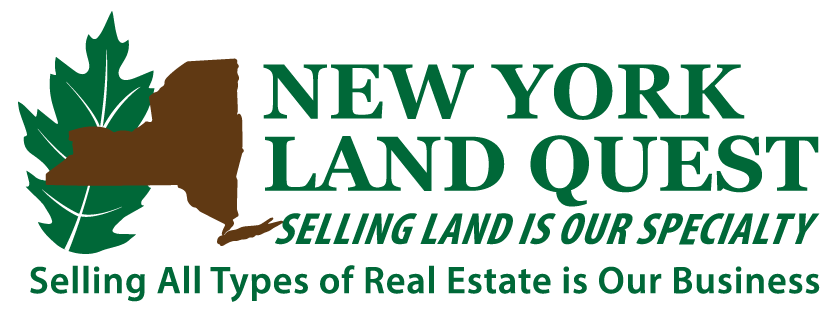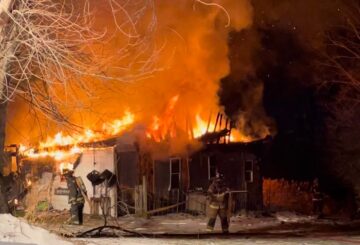Neoinsecticides are “strongly associated with the decline of bees and insects in general”
By Walter Mason, Alfred NY
New York State Senator George Borrello has written a response to the passing of the Birds and Bees Protection Act signed into law late last year. He states that Governor Kathy Hochul has caved to “extremists.” This implies 2 things that are probably not true; One Kathy Hochul did not want to take action and 2 the people who wanted to are “extremists.”
The “Birds and Bees” act bans the use of three neonic insecticides in seed coatings and use on some ornamentals. It will allow (force) the application as sprays of these same insecticide.
Neonics in seeds are mainly used as preventatives, to avoid early season insect infestations. For this reason 90% of the time they have no effect on yield. Although, sometimes they make a big difference. Adding it all up though, on average they do not increase incomes for the corn and soybean farmers that will be affected. Like insurance, the chemicals mainly lower risk.
Neonics are related to nicotine, but have the advantage of being much less toxic to human beings and other animals with backbones than nicotine itself. They remain generally toxic to animals without backbones and are strongly associated with the decline of bees and insects in general. They are also persistent in the soil. Only about 2% of the insecticide coated on seeds makes it into the plant the other 98% hangs around causing trouble. Because they are water soluble, flowers and weeds on the border of fields absorb large amounts, and the insecticides get into waterways. Because when neonics enter plants they are systemic, pollen from plants treated and plants near to those treated is toxic to insects. Because the half life of neonics is about 8 years in the soil, they are building up rapidly (The lifetime of the materials is days when exposed to sunlight, thus spraying is still allowed). Honey bees are the charismatic victims, but other bees and many marine invertebrates (fish food) are also victims. The lack of flying insects is impacting bird populations, thus the name of the law. (The birds and bees act has nothing to do with sex, darn.)
In general New York State did a good job. They only banned the use on seeds, which is where most of the insecticides are used, and left most other types of application intact. If you want cheap or affordable food, poisons will have to be spread on crops, along with chemical fertilizers. Reducing the damage from these poisons and keeping it to a minimum is a necessary function of government. New York State did a reasonable job of balancing the interests of corn and soybean producers against fruit, honey, fishermen, birds, and other crops that use pollinators, that is not the work of extremists.






